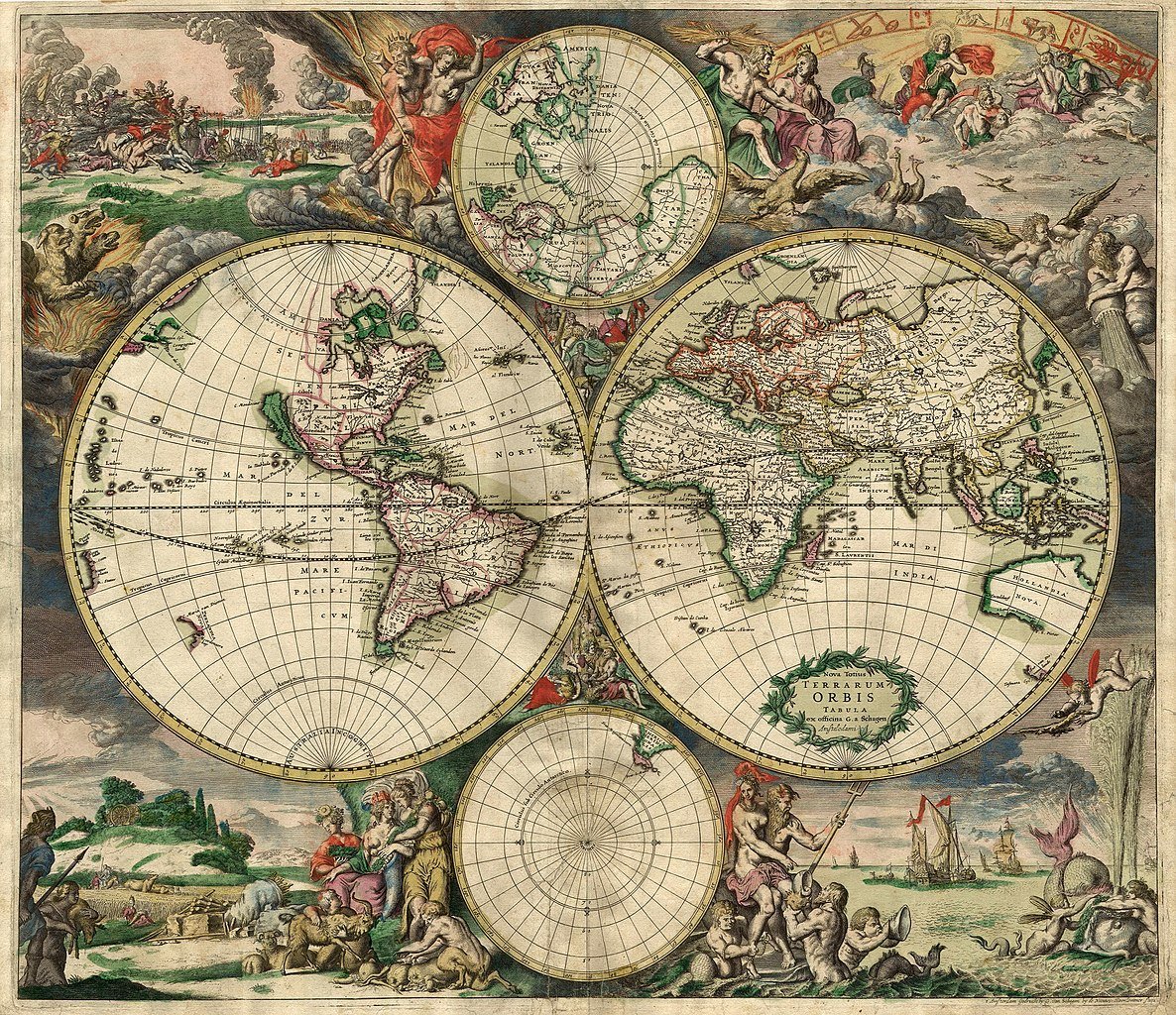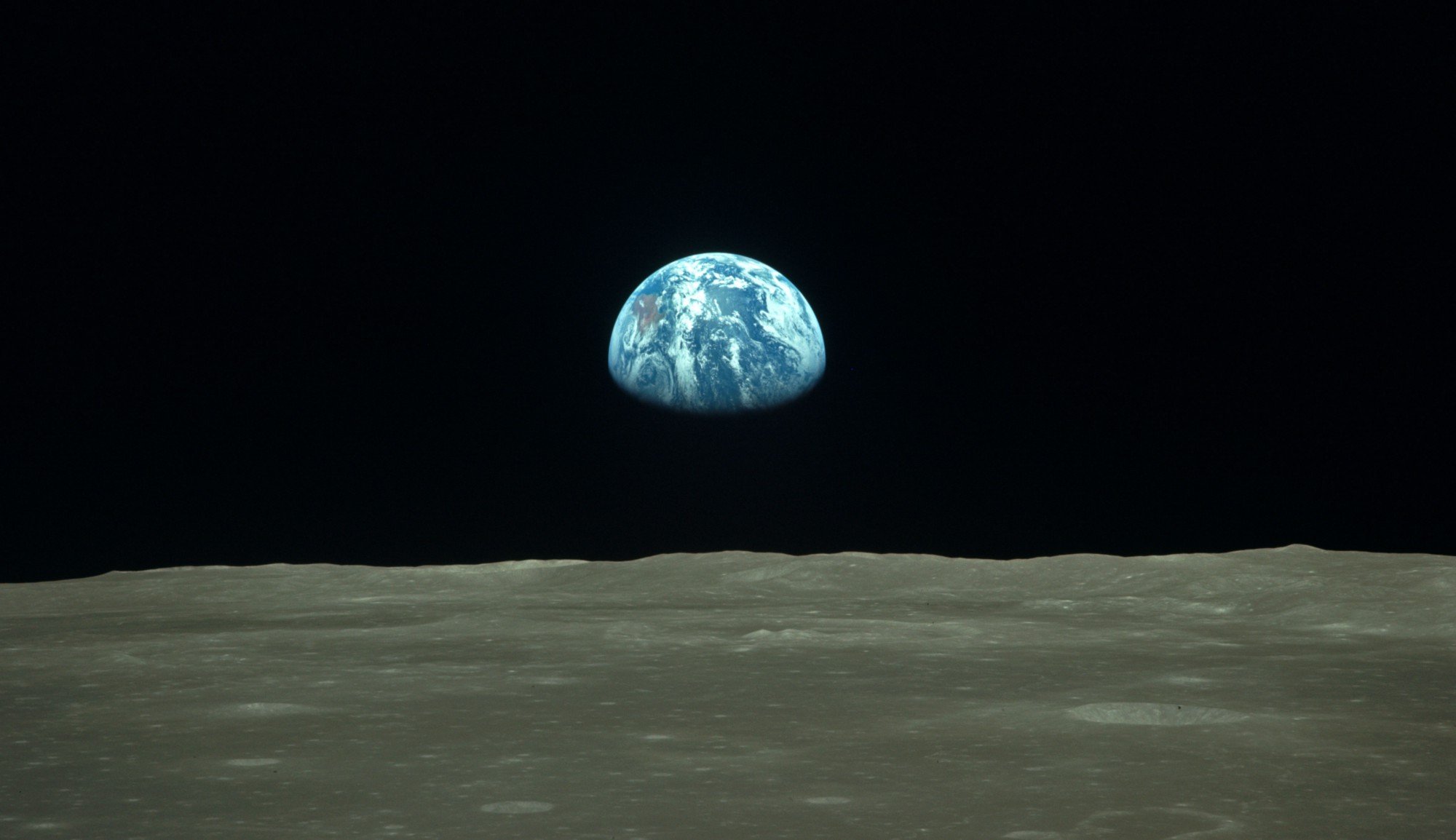St. Symeon the New Theologian (949-1022 AD) was a Byzantine Christian monk and poet, and was canonized as a saint by the Eastern Orthodox church. He wrote much about Christian mysticism, including his own experiences.
Tag: God
Another “First Vision” Account from St. Symeon the New Theologian
St. Symeon the New Theologian (949-1022 AD) was a Byzantine Christian monk and poet, and was canonized as a saint by the Eastern Orthodox church. He wrote much about Christian mysticism, including his own experiences.
A Map of Reality
Humans want to know what's real, what's reality, what's true. We have explored the outside world and our inner worlds for millennia, and we seem to still not be sure what is absolutely real. I think the issue might be that what is really real is not something that can be seen or communicated through language at our dualistic level of perception. We have to transcend duality experientially and consciously in order to know the "really real," sometimes called the Nondual, the One, the Real, the Absolute, or God. Perhaps only at that level of consciousness may we come to truly know what is ultimately Real and True.
Is God or Christ a Male?
It is true that traditionally God and Christ have been predominantly associated with the male gender and masculine principle (a "He"), at least in the West. What we need to decide today is if that traditional interpretation, these symbols of the Divine, are still valid, and accurate, and if they point to truth in the present, or if we need a better interpretation of these symbols as a society, a culture, in our interspirituality, in the world today.
Reconstructing Mormonism’s “God the Father”
The God we are referring to is often known in Mormonism (and more generally in Christianity) as "God the Father," "Heavenly Father," or just "the Father."
What does it mean to be “a god”?
There are stories, legends, mythologies, folklore, traditions, histories, scriptures, and texts from all around the world which tell us of humans who have reached the stature of the gods. They have, in essence, become "a god." Some recognizable examples are people such as Jesus, Siddhartha Gautama (Buddha), and Muhammad. The process that these went through has been called theosis, deification, divinization, realization, awakening, and enlightenment. What does it mean to become or be "a god"?
Falling in Love with the Earth is Knowing God and our Self: A Commentary on Thich Nhat Hanh and Climate Change
This past week I was saddened to see the UN Intergovernmental Panel on Climate Change (IPCC) report that paints a grim picture of the current status of climate change and the future projection of this century. This report was commissioned during the 2015 Paris summit on climate change. It's a wake up call to the [...]
Is the Universe Made of Consciousness?
It sounds like a pretty woowoo thing to say, really smacking of the "New Age." But this seems to be the skeleton in the closet that even physicists don't want to admit. But some have.
What Good is the Ego-Self?
Over the past several months I've explored the nature of the human ego as it relates to spirituality in many of the major religious and spiritual traditions, as well as in science. As I noted in a series of posts, it seems that a recurrent theme throughout many of them is the idea of sacrificing ego, overcoming ego, transcending ego, even experiencing a kind of "death" of the ego, so as to realize the true nature of the self, of reality, and of God. We might ask then, what good is the ego? Is it all bad? Do we want to destroy our ego? Is that true spirituality?
Jordan Peterson & Sam Harris Debate the Nature of God
A friend recently shared a video clip with me from an event on June 23, 2018, which was a public conversation and debate between psychologist and professor Jordan Peterson and philosopher and neuroscientist Sam Harris, moderated by biologist Bret Weinstein. It's an interesting discussion between a theist (Peterson) and an atheist (Harris) on the nature of God, which I think begins to get at the heart of the issue from both sides.









